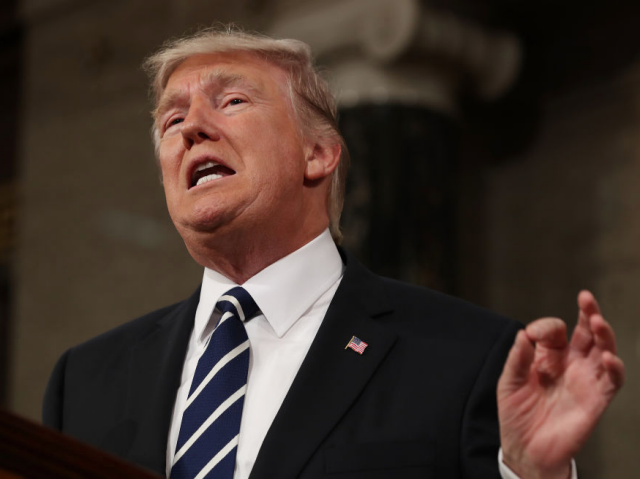Now that Attorney General Jeff Sessions has recused himself from any investigations regarding the 2016 presidential campaigns, the man who gets to decide whether to appoint a special prosecutor to investigate President Donald Trump’s pre-election dealings with Russia is an appointee of Barack Obama.
When the attorney general is recused from an investigation, oversight of that investigation ordinarily falls to the department’s deputy. But currently, there is no deputy attorney general — Sessions is the only Trump nominee who has been confirmed to any position in the Justice Department.
The job of deputy attorney general is currently being done on an acting basis by Dana Boente, the US Attorney for the Eastern District of Virginia, who was nominated to that position by Barack Obama.
He is apparently so well known to Sessions’ team that he is referred to in Sessions’ recusal letter as “Dane Boente.”
Despite the misspelling, Sessions’ recusal letter delegates to Boente all functions from which he has recused himself. This includes the attorney general’s power to appoint a special prosecutor in the event that a criminal investigation is warranted and would present a conflict of interest if pursued by Justice Department litigators.
This has happened before: In 2003, when then-Attorney General John Ashcroft recused himself from an investigation into allegations that White House officials intentionally leaked the identity of CIA operative Valerie Plame, his deputy (fun fact: James Comey) appointed a special prosecutor to pursue the investigation.
Boente likely won’t be acting deputy for much longer. The Senate Judiciary Committee will hold hearings next week on confirming US Attorney Rod Rosenstein to that job. Rosenstein was previously nominated to multiple positions, including the position he holds today, by George W. Bush.
In theory, if Boente were to appoint a special prosecutor, Rosenstein could fire that prosecutor once confirmed. But obviously, the political optics of firing a special prosecutor would be much more challenging than the optics of declining to name one in the first place. (Just ask Richard Nixon.)
So, will Boente do it? Presumably, that depends on whether he thinks a criminal investigation related to the presidential election is warranted, and whether he thinks it’s a conflict of interest for the department to investigate the president who oversees the department.
Though he is a Democratic appointee to his current job, Boente is a career employee of the Justice Department. The New York Times describes him as liked by Democrats and Republicans and seen as loyal to the department itself.
Before Boente became acting deputy attorney general, he was acting attorney general, a position he obtained when Trump fired then-acting Attorney General Sally Yates for refusing to defend his travel ban executive order in court.
Boente loyally pursued the department’s (unsuccessful, to date) defense of the ban. But unlike refusing to defend the ban, appointing a special prosecutor would not represent a breach of the chain of command














